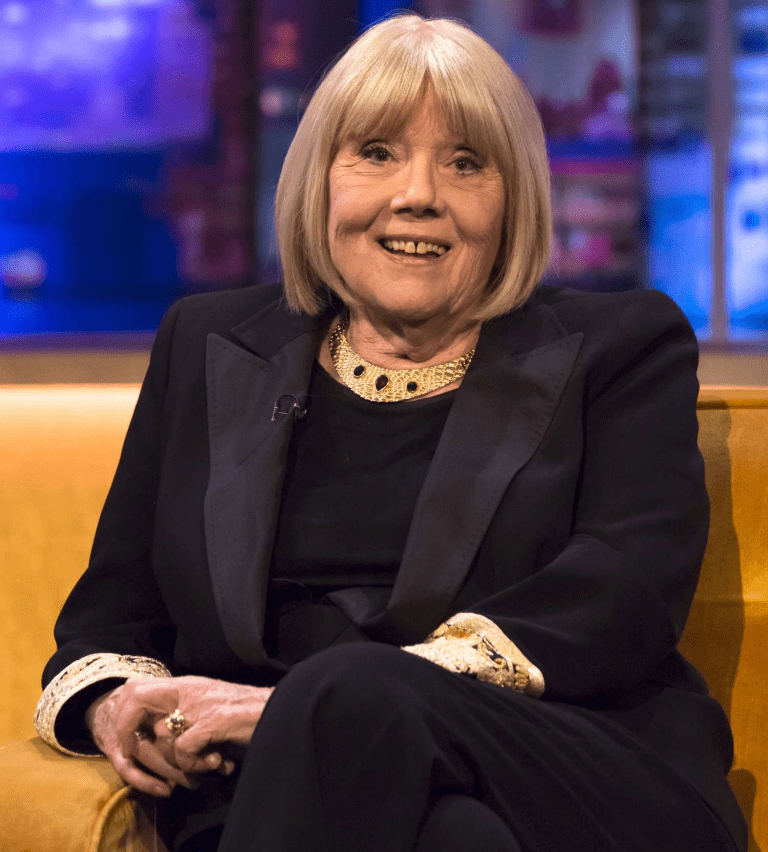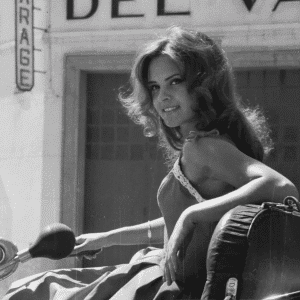Behind the camera, Diana Rigg was calm, thoughtful, and private. But in front of it? She was a storm of charisma, precision, and fire. Every movement, every glance, every word she delivered carried purpose. She wasn’t just acting—she was commanding. Whether disarming villains or outsmarting kings, Rigg’s brilliance went far beyond performance. She was a force of nature who reshaped what it meant to be a leading woman.
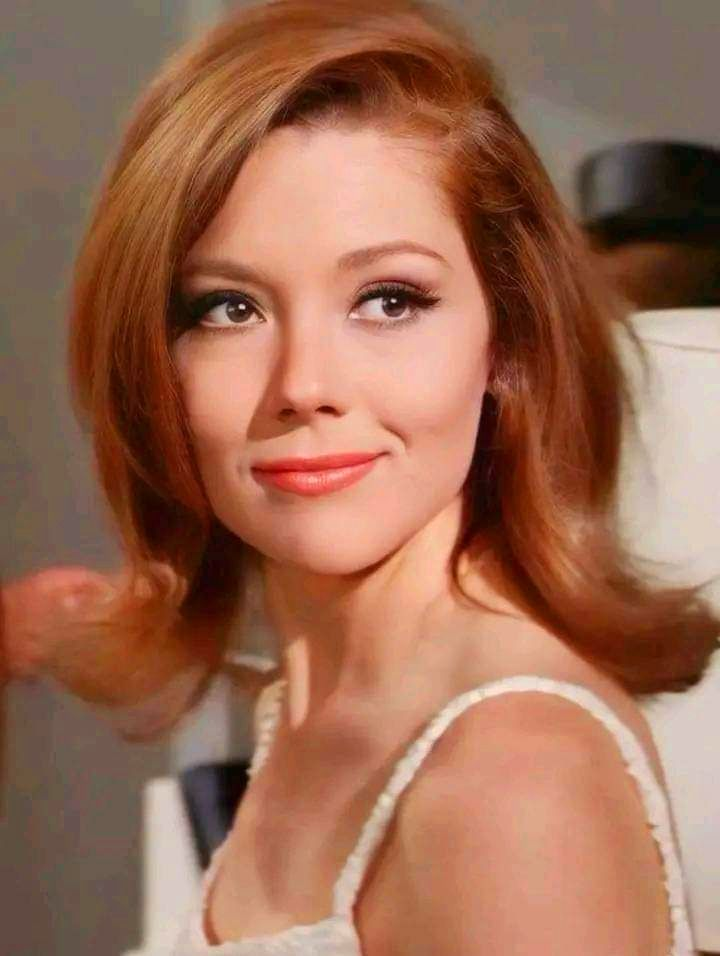
From Yorkshire Roots to Shakespearean Greatness
Born in Doncaster, England, Diana Rigg didn’t come from the glitz of Hollywood. Her beginnings were grounded, humble, and steeped in culture. After training at the Royal Academy of Dramatic Art (RADA), she joined the Royal Shakespeare Company, where her talent blazed from the start.
Even among giants of the stage, Rigg stood apart. She could take the complexity of Shakespeare’s language and make it sound as modern as today’s dialogue. Her performances radiated control and emotion—poised yet unpredictable, classical yet contemporary. She didn’t just perform Shakespeare; she breathed it.
It was clear: Diana Rigg wasn’t destined to blend in—she was born to define her own standard.
Video: Diana Rigg – s*xy rare photos and unknown trivia facts
The Birth of an Icon: Emma Peel in “The Avengers”
Ask any fan of British television who the most unforgettable spy of the 1960s was, and you’ll hear one name—Emma Peel. Diana Rigg’s portrayal of the brilliant, witty, and fiercely independent agent in The Avengers wasn’t just a role; it was a cultural revolution.
In a TV era dominated by male heroes, Rigg flipped the script. She wasn’t a damsel in distress—she was the one rescuing others. Dressed in sleek catsuits and armed with brains sharper than her kicks, she redefined female empowerment on screen.
Emma Peel wasn’t trying to be seductive or superior. She was equal. She matched her male counterpart in intellect, courage, and humor—often surpassing him. And audiences worldwide fell in love with that energy.
Her influence stretched far beyond television. Fashion designers, feminists, and future actresses all looked to Rigg as proof that women could be powerful, intelligent, and elegant—all at once.
Beyond the Spy: A Stage and Screen Powerhouse
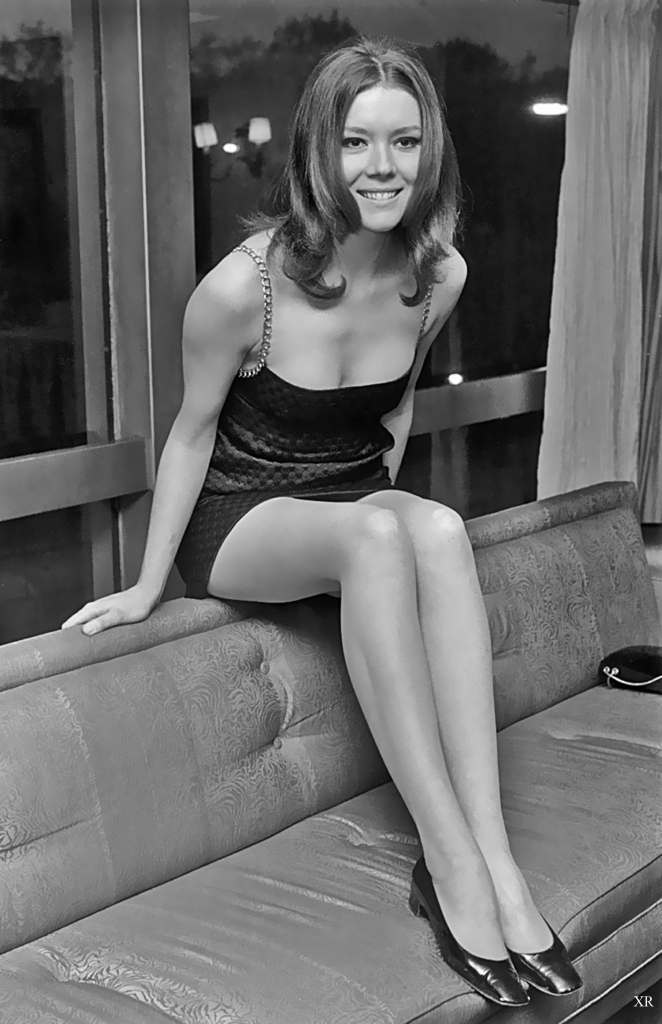
Many actors fade after one iconic role. Diana Rigg only soared higher. After The Avengers, she returned to her first love—the stage—joining the National Theatre under Laurence Olivier.
There, she tackled some of the most demanding roles in theatre: Lady Macbeth, Hedda Gabler, Medea. Her performance as Medea earned her a Tony Award and solidified her reputation as one of the greatest stage actresses of her generation.
Rigg’s brilliance lay in her fearlessness. She never sought comfort in predictable roles. She dove headfirst into characters with layers—complex, contradictory, and deeply human.
Redefining the Bond Woman
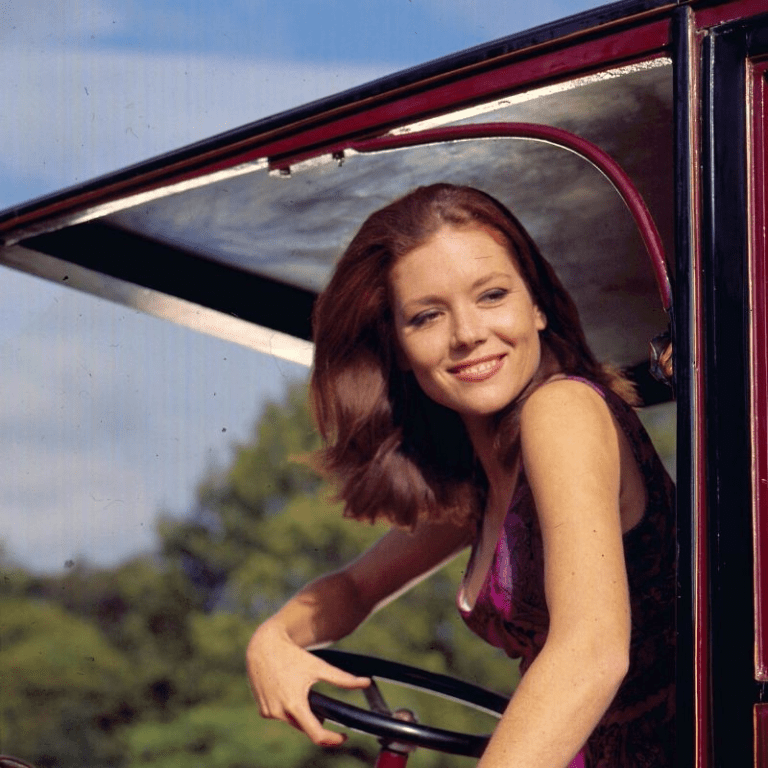
In 1969, Diana Rigg entered cinematic legend once again as Tracy di Vicenzo in On Her Majesty’s Secret Service. Unlike the typical Bond love interest, Tracy wasn’t there to decorate the frame—she was there to redefine it.
Rigg’s portrayal of Tracy gave James Bond something he’d never encountered before: an equal. Tracy was bold, emotional, and unafraid to challenge him. The chemistry between her and George Lazenby brought real heart to the Bond universe.
She wasn’t written as a side note—she was the story. Her strength, humor, and warmth added depth to a franchise that had long celebrated surface-level charm. And audiences noticed. Tracy remains one of the most beloved women in Bond history, thanks to Rigg’s humanity and grace.
Olenna Tyrell: The Queen of Sharp Tongues
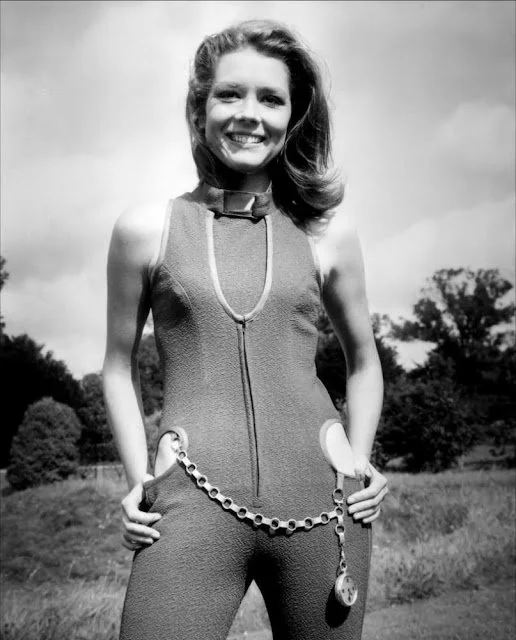
Decades later, a new generation met Diana Rigg through her unforgettable turn as Olenna Tyrell in Game of Thrones. The Queen of Thorns became a fan favorite, not because she wielded swords, but because she wielded words with deadly precision.
Video: Diana Rigg wearing a sexy sheer nightdress in The Avengers
Rigg infused Olenna with intelligence, defiance, and biting humor. Every line she delivered landed like a perfectly thrown dagger. And her final moment—“Tell Cersei. I want her to know it was me.”—cemented her as one of the most iconic figures in modern television.
Even in her later years, Diana Rigg proved she hadn’t lost an ounce of her spark. She didn’t just act; she owned the screen, reminding the world that charisma has no expiration date.
Elegance with an Edge
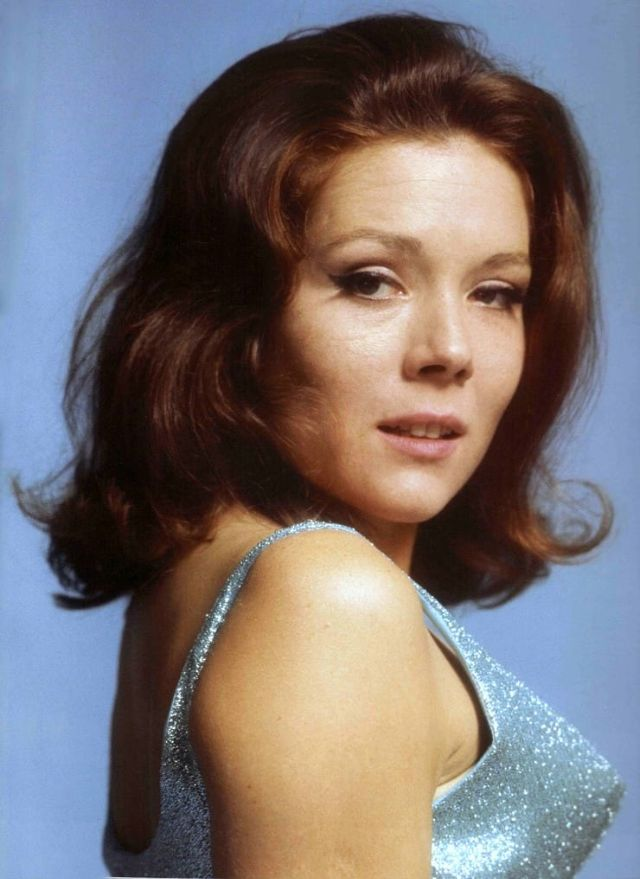
What made Diana Rigg so magnetic was her duality. She embodied both refinement and rebellion, intellect and instinct. She could play a queen or a killer and make you believe both. Her performances carried emotional depth without ever losing restraint.
Off-screen, she was known for her independence and sharp wit. She didn’t chase the tabloids or play into celebrity culture. She guarded her privacy fiercely, letting her work be her legacy.
And that’s what set her apart—Diana Rigg didn’t crave fame. She commanded respect.
A Legacy That Outshines Time
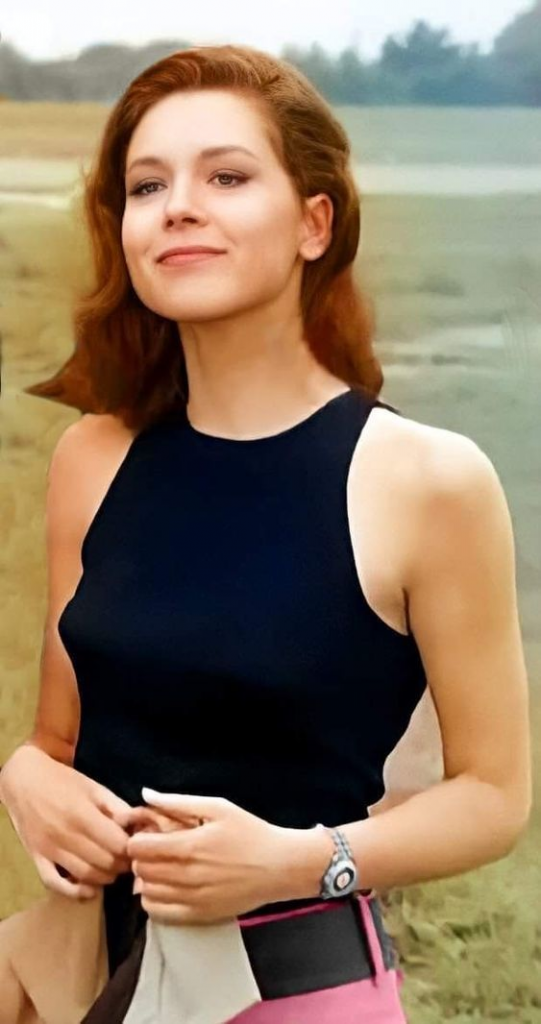
Diana Rigg’s influence stretches across generations. She shattered stereotypes, inspired countless performers, and elevated every medium she touched—television, film, and theatre.
She showed that women could be powerful without losing grace, intelligent without sacrificing warmth, and commanding without aggression. She taught audiences that strength isn’t loud—it’s steady, purposeful, and precise.
From Emma Peel to Olenna Tyrell, Rigg created women who weren’t defined by the men around them. They were leaders, thinkers, and warriors in their own right.
Conclusion: Diana Rigg—A Revolution in Every Role
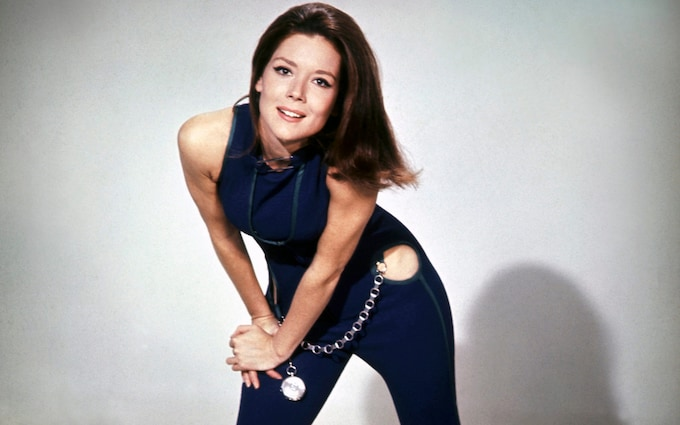
Diana Rigg was never just an actress. She was an architect of modern female power in entertainment. From her Shakespearean stage roots to her commanding screen presence, she redefined elegance with intellect and courage.
Every role she touched became legendary because she gave it authenticity, nuance, and fire. Whether she was trading quips as a spy, defying kings as a queen, or holding her ground as a Bond equal, Diana Rigg brought one message to every performance: strength is timeless.
She didn’t just perform in front of the camera—she transformed it. And decades later, the world still feels her presence.
Diana Rigg wasn’t just a star. She was, and will always be, a statement.
